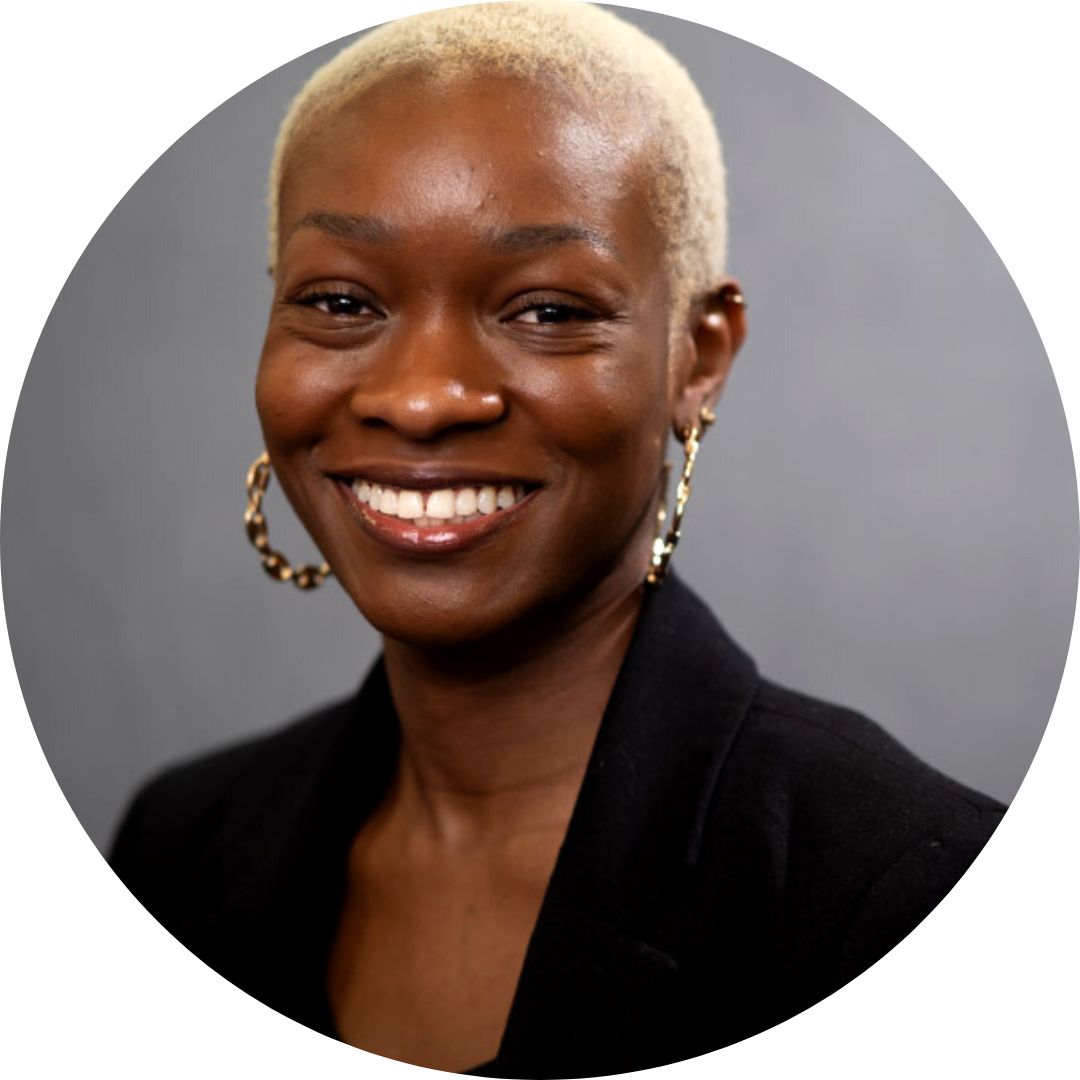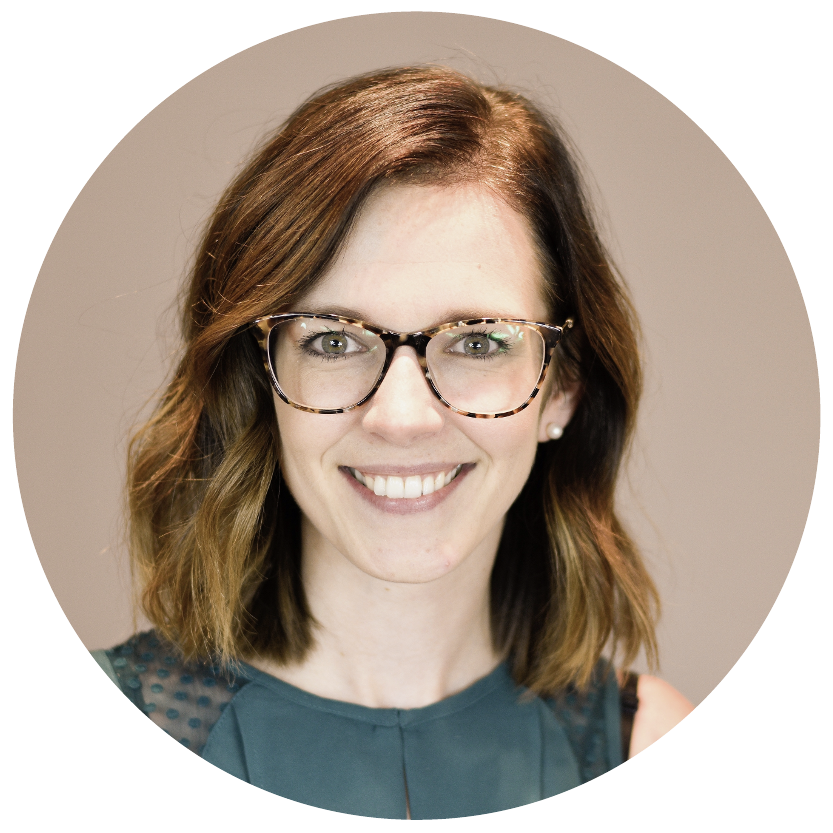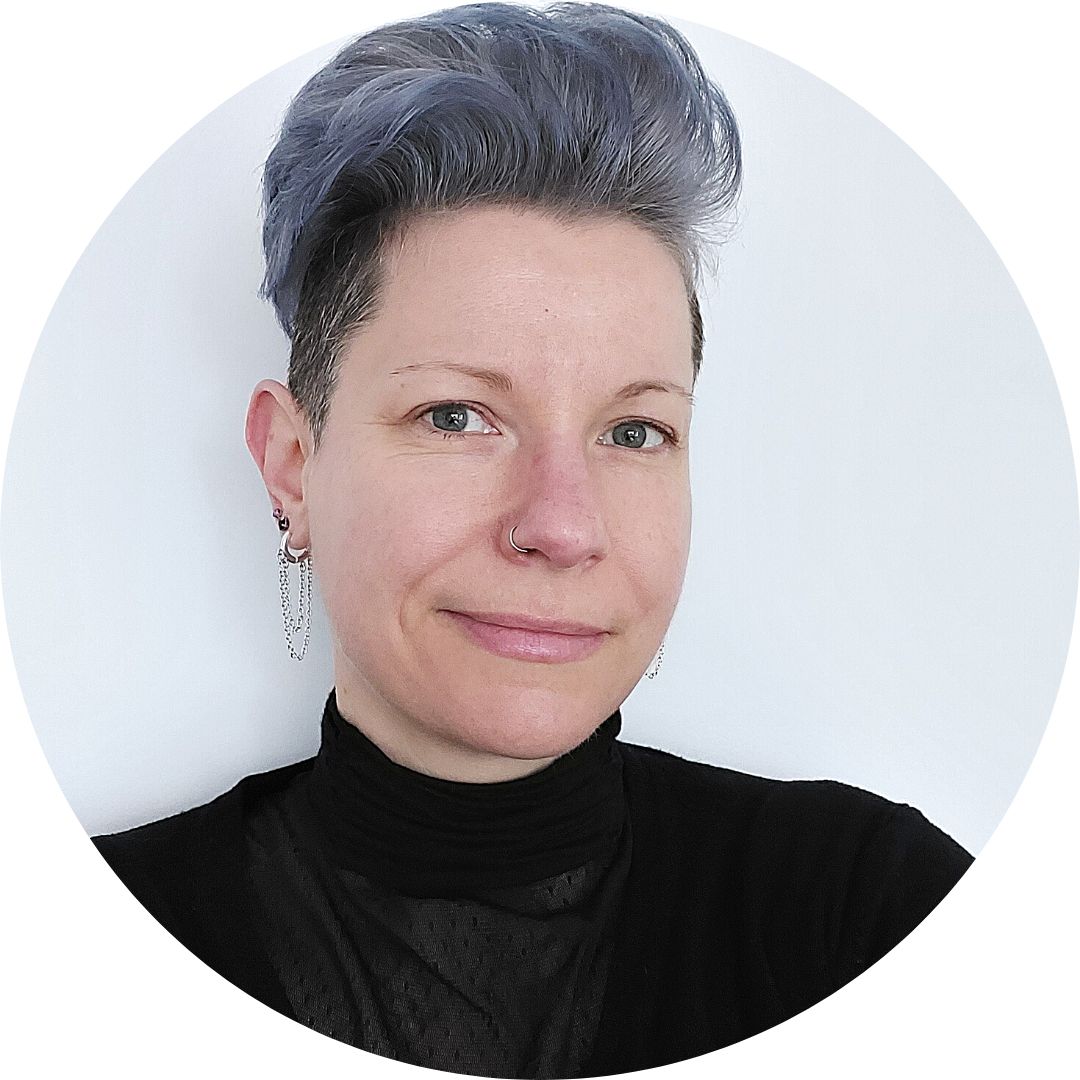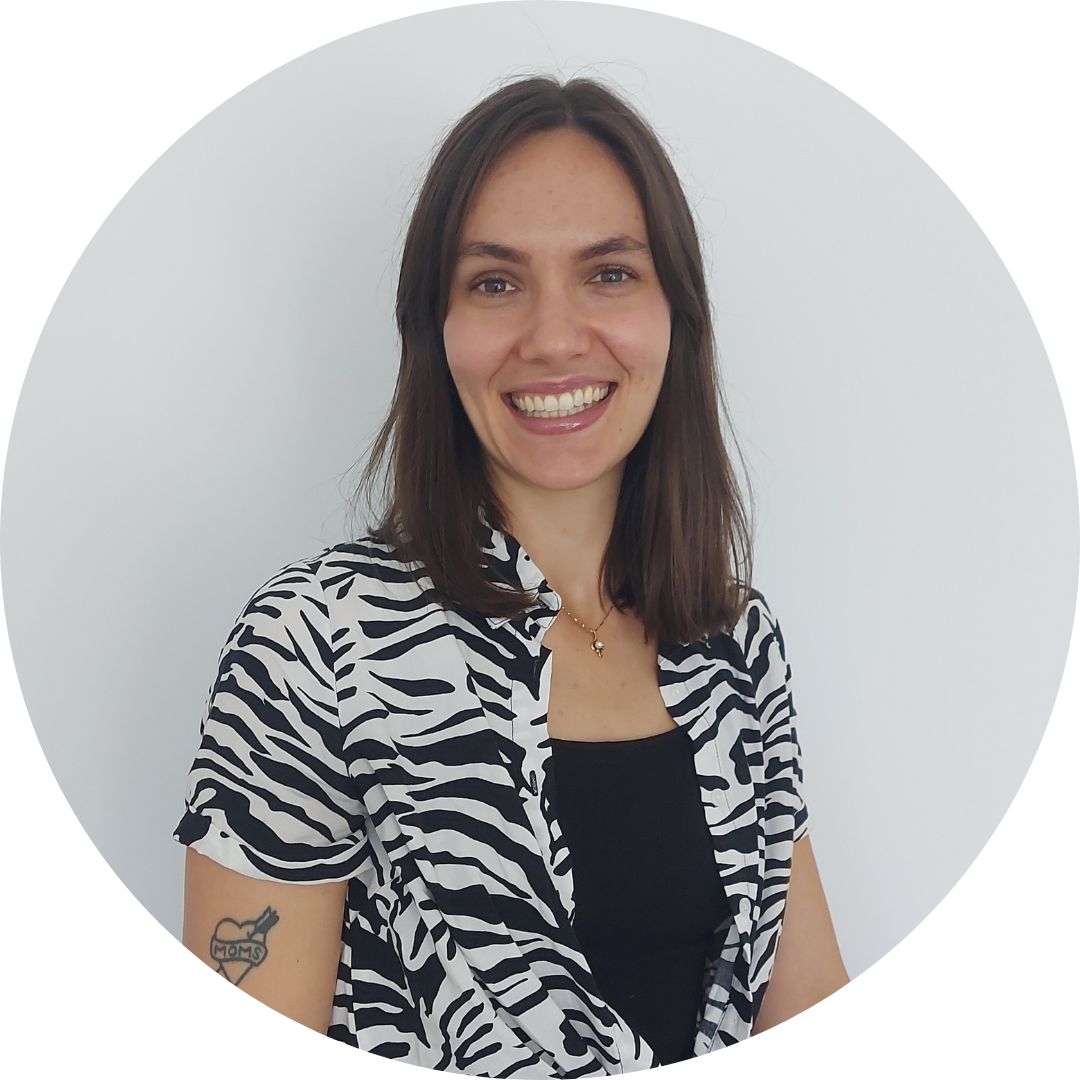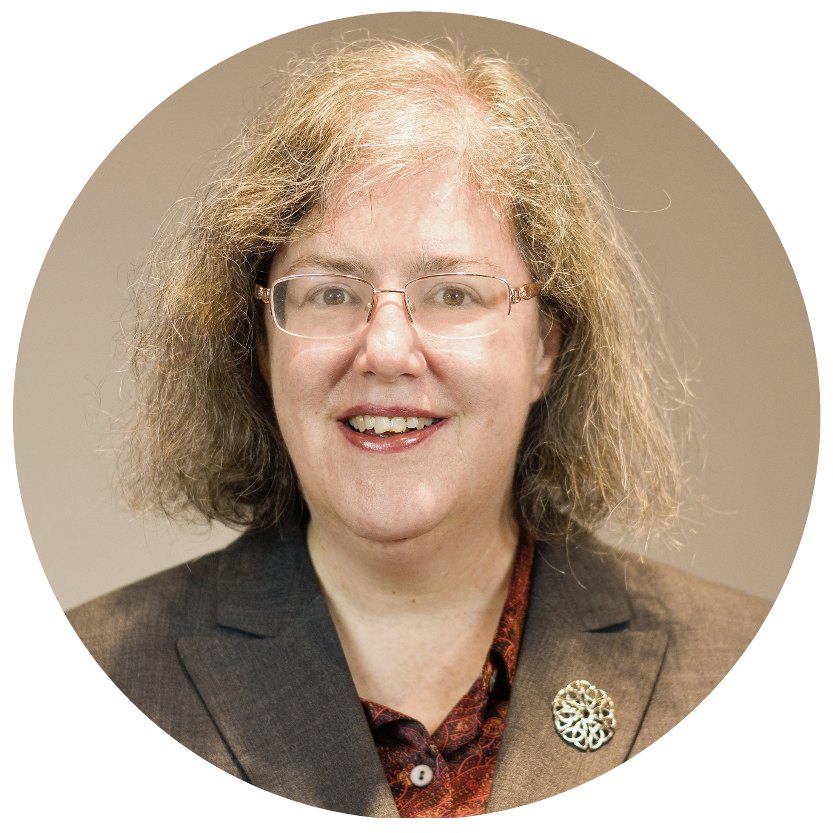By continuing to use our site, you consent to the processing of cookies, user data (location information, type and version of the OS, the type and version of the browser, the type of device and the resolution of its screen, the source of where the user came from, from which site or for what advertisement, language OS and Browser, which pages are opened and to which buttons the user presses, ip-address) for the purpose of site functioning, retargeting and statistical surveys and reviews. If you do not want your data to be processed, please leave the site.
The Voice of People With Breast Cancer
Our Team
- Board of Directors
-
- Cathy Ammendolea, Chair - Québec
-
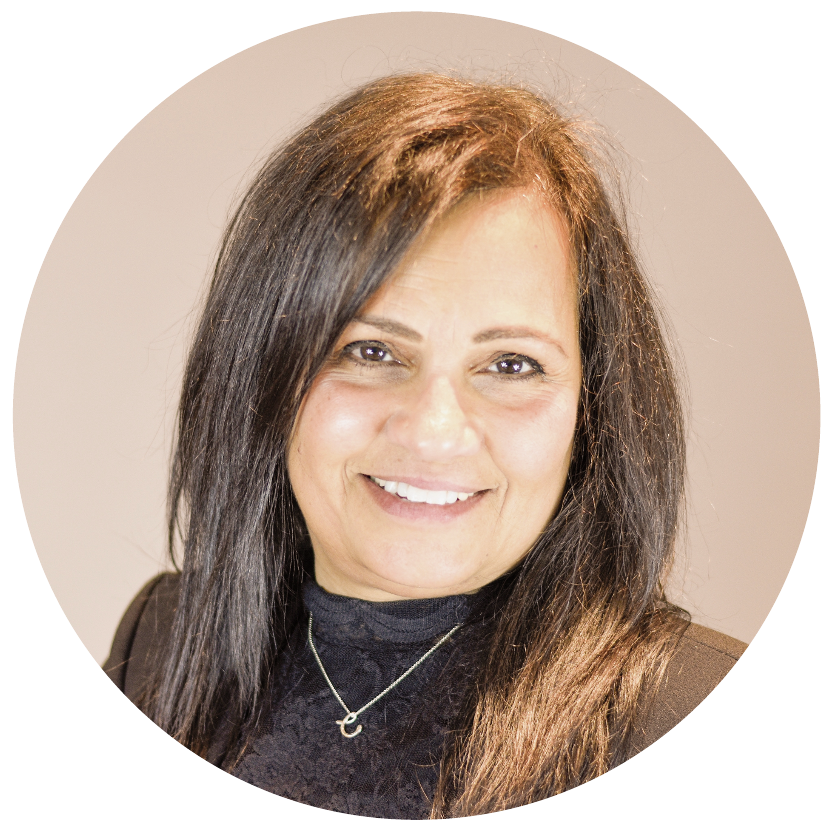
Cathy Ammendolea is the Chair of the Board of Directors for the Canadian Breast Cancer Network (CBCN), which she joined in 2007. She is a breast cancer survivor who works with a wide variety of organizations.
As Chair of the Board, in conjunction with the Senior Leadership Team and the Board of Directors, Cathy is responsible for the overall leadership and operations of the organization including financial management, strategic planning, revenue development, strategic partnerships, and the oversight of CBCN programs. In her role as Chair, Cathy ensures that the patient perspective is used to inform breast cancer decision-making in Canada. She regularly consults on industry, government and organizational initiatives both in Canada and globally to promote the patient voice and champion the best interests of cancer patients.
As a patient navigator with the gynecological oncology team at the Jewish General Hospital in Montreal, Cathy helps patients from diagnosis and throughout the continuum of care.
Cathy has represented CBCN in key breast cancer conferences and meetings nationally and internationally. She presented at the Advanced Breast Cancer Conference 2 and 3 in Lisbon, Portugal; a conference dedicated to improving the lives of those affected by metastatic breast cancer. She also participated in an influential conference ‘International Experience Exchange for Patient Organizations’ (IEEPO) hosted by a leading pharmaceutical company in March 2015 and again in March 2016 which brought together various patient focused organizations from 50 different countries. In addition to these meetings, she sat on the steering committee for a similar conference hosted in Canada, the Canadian Experience Exchange for Patient Organizations in October 2015.
Cathy is also a tireless advocate who regularly connects with Members of Parliament and policy advisors at the Federal and Provincial levels of Government including Provincial Ministries of Health to ensure that the needs and concerns of Canadians affected by breast cancer are being addressed.
Cathy has participated in several training programs with the National Breast Cancer Coalition, including the Advocacy Training Conference that brings together breast cancer advocates and survivors from around the world to review the latest scientific research, understand effective advocacy strategies and learn from prominent public policy experts. She has also participated in their Project LEAD workshops that train breast cancer advocates in the science of breast cancer so they can better critically analyze breast cancer research and influence the research agenda and committees and breast cancer decision-making. Project LEAD trains advocates in the language and concepts of cancer biology, basic epidemiology and research methodology through a series of courses.
Cathy has also served as a consumer reviewer on scientific peer review panels for the Congressionally Directed Medical Research Program (CDMRP) with the Department of Defense in the United States. This program awards millions of dollars annually to researchers investigating a wide variety of conditions, including breast cancer.
- Juliette Inglis - Alberta
-
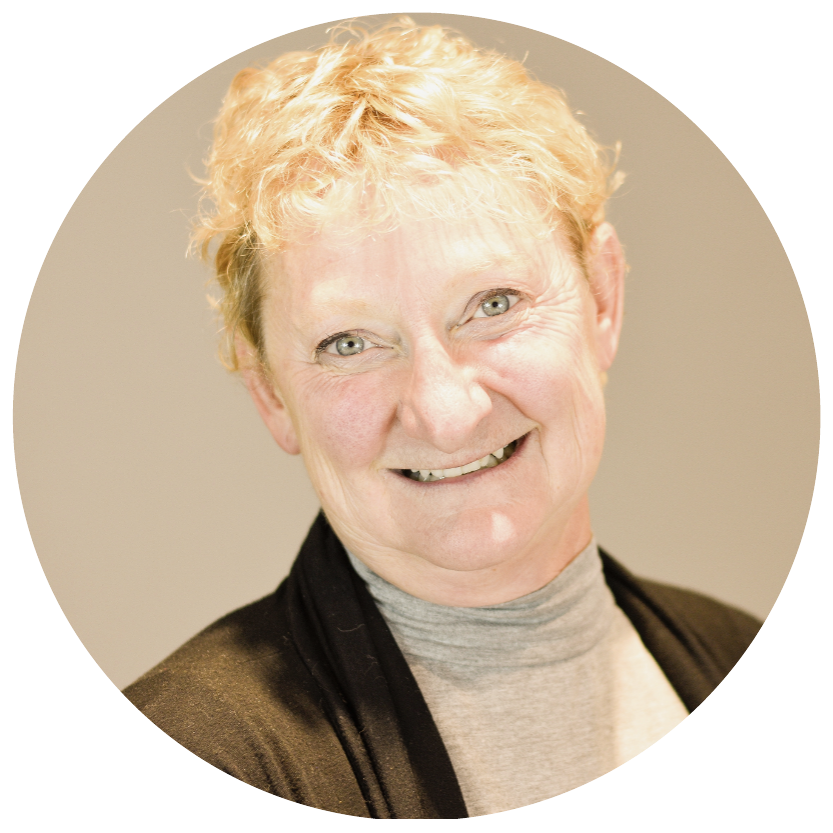 Juliette Inglis, a breast cancer survivor who joined the CBCN Board of Directors in 2010, says Alberta has world-class medical facilities and extremely good care for breast cancer patients. However, she is very concerned about the lack of streamlining of emotional support groups and services.
Juliette Inglis, a breast cancer survivor who joined the CBCN Board of Directors in 2010, says Alberta has world-class medical facilities and extremely good care for breast cancer patients. However, she is very concerned about the lack of streamlining of emotional support groups and services.When she was diagnosed in 2004, Juliette went to the Cross Cancer Centre in Edmonton several times a week for two years, and received surgery, chemotherapy, radiation, and tamoxifen. Then her treatment ended, and she was told “to go out and have a good life” without any further support from the medical system. To her, that does not seem right. “It is great to leave with a clean bill of health, but more information about possible recurrences needs to be made available to breast cancer patients,” she says.
Juliette hopes that the provincial health board will provide funding for a full-time coordinator to implement support programs across the province. She says the current system of support groups is “splintered”: the groups are small, don’t know about each other, are difficult to locate and to access, and rely solely on volunteers.
“There’s a real lack of somebody having that leadership role right now,” she says. She is hoping to address that situation with the help of CBCN and some of her provincial contacts.
Juliette’s main sources of support are her husband of 30 years, her three children, many friends and volunteer boards, and her dragon boat team, Edmonton Breast Friends. She says of this group, “There’s always somebody that is in that kind of trial or is on that kind of medication who can answer questions.” The team practises three times a week and travels to seven or eight competitions a year. Juliette serves on the executive as the festival coordinator. As a dragon boater, she has travelled to Turkey and Israel for international competitions with a movement that was instrumental in helping to start dragon boating for breast cancer survivors in those countries.
Outside of her dragon boating and her work as an elementary French immersion teacher, Juliette enjoys outdoor activities, especially canoeing and skiing. She says her passion is “getting people to be healthy. I am at the gym four to five times per week. I teach yoga to my students. I constantly spread the message about healthy living.” She is also on several boards and was a Girl Guide leader for 12 years.
Juliette praises CBCN for its advocacy work and for its support for metastatic breast cancer patients, who she says are often ignored. “I think CBCN as an advocacy group is doing an outstanding job. It fulfills a real need,” she concludes.
- Suzanne LeBlanc - New Brunswick
-
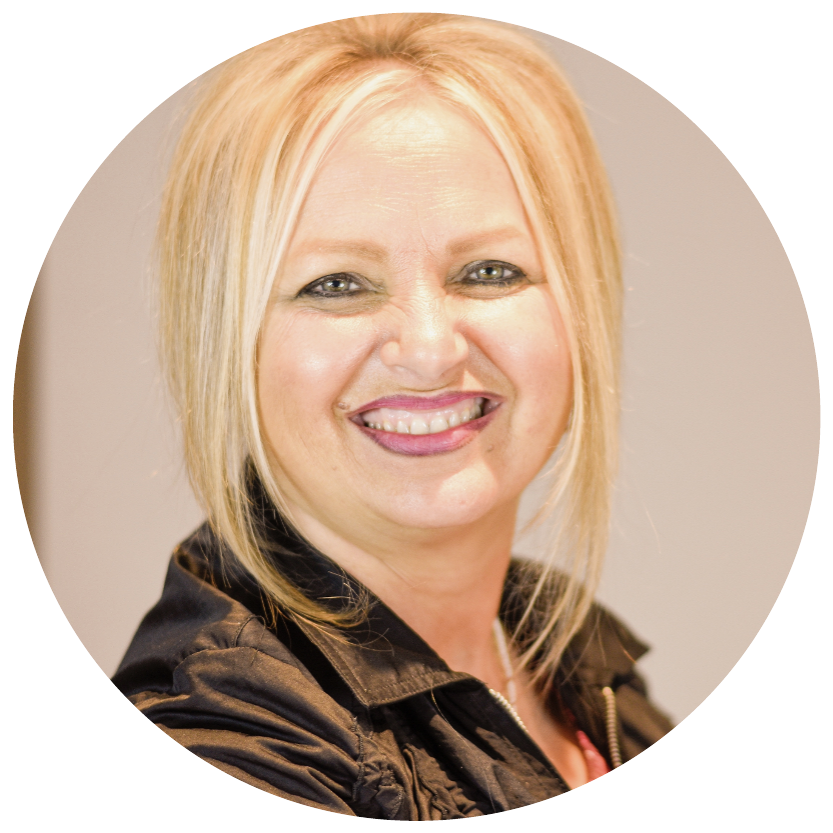 Suzanne Leblanc can’t say enough praise about Breast Self-Examination (BSE). After all, she credits it for saving her life.
Suzanne Leblanc can’t say enough praise about Breast Self-Examination (BSE). After all, she credits it for saving her life.She was 42 years old when she found a lump in her breast through BSE. A mammogram showed fat tissue but no cancer. But six months later, the lump was bigger, so Suzanne went to her family doctor, who ordered a CT scan and then sent her to a specialist for a biopsy. She waited for eight gruelling days before she received the diagnosis. It was Stage II breast cancer.
She decided to have a lumpectomy initially. But after an extremely painful infection set in, causing fears of inflammatory breast cancer, Suzanne opted for a mastectomy. During that surgery, the surgeon discovered a second cancer that, had it not been found, would surely have metastasized. He told her that her vigilance in performing BSE had caught the cancer in time.
Suzanne went on to endure six chemotherapy treatments that landed her in the hospital four times with severe neutropenia. “I was very sick,” she says.
Next came six weeks of radiation therapy that left burn marks on her chest, followed by 18 treatments with Herceptin.
Suzanne then decided that she didn’t want to go through this experience again, and so she had a second mastectomy, as well as breast reconstruction with tissue expanders and implants.
Her treatments meant that she was away from her job as a nurse for one year. Her family survived on her 15 weeks of Employment Insurance sickness benefits, plus her husband’s salary from a teaching job. “You’re sick and you’re afraid you’re going to die and you have no income. It’s very emotional and stressful,” she says of that time.
During that difficult year, Suzanne’s spirituality and her family gave her hope. She also got support from a local group of breast cancer survivors. They helped her get through treatment and the ensuing fear of recurrence, especially during the first few years.
It’s been seven years since Suzanne was diagnosed. She is back at work as a nurse. She also enjoys her work with the CBCN Board of Directors and sees a lot of positive developments in the breast cancer community. “We’ve come a long way already,” she says. “There is lots of support. There are drugs for metastatic cancer patients, and they’re living longer.”
For the future, Suzanne would like to see the government extend Employment Insurance sickness benefits beyond 15 weeks. As well, she would like to have more education and awareness among young women about BSE and breast cancer prevention, to give them the same benefit as she herself had.
- Judy Donovan Whitty - Prince Edward Island
-
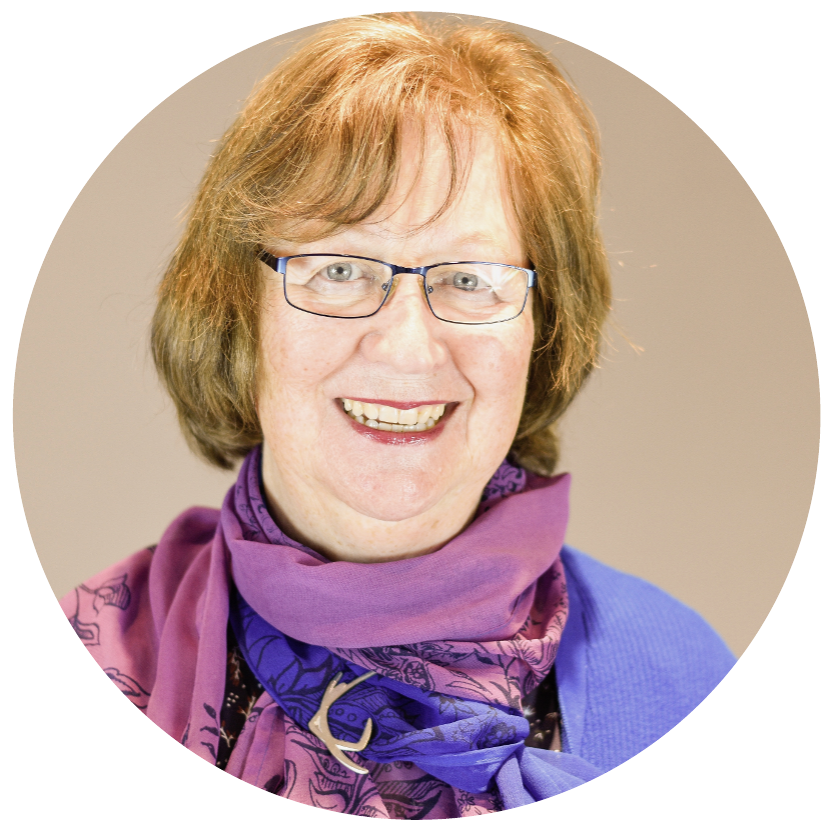 A former Cape Bretoner, Judy Donovan Whitty lived in Antigonish, Nova Scotia for 32 years, where she worked as an EKG technician, librarian and registered nurse. In 2000, Judy and her family moved to Charlottetown, Prince Edward Island in order for her to take on the role of Director of Instruction/Special Education and Assistant to the Superintendent of the PEI Western School Board. Now semi-retired, Judy is a part-time counsellor and a musical accompanist at public and church events.
A former Cape Bretoner, Judy Donovan Whitty lived in Antigonish, Nova Scotia for 32 years, where she worked as an EKG technician, librarian and registered nurse. In 2000, Judy and her family moved to Charlottetown, Prince Edward Island in order for her to take on the role of Director of Instruction/Special Education and Assistant to the Superintendent of the PEI Western School Board. Now semi-retired, Judy is a part-time counsellor and a musical accompanist at public and church events.Judy underwent a mastectomy and lymph node removal in 2002 and further surgeries in 2003 and 2008. She is doing well and grateful for each day. She spent two months in 2008 solo-backpacking in Europe to celebrate and hopes to do it again!
Judy joined the board of directors for the Canadian Breast Cancer Network in 2010 as a result of her involvement with many health care organizations in Prince Edward Island:
- Judy is one of the facilitators of the PEI-Charlottetown Breast Cancer Support Group, having taken the training at St. Francis Xavier University and also under the auspices of Willow Breast Cancer Support Canada.
- A volunteer with the Canadian Cancer Society’s Reach to Recovery and CancerConnection Support programs, Judy provides peer support in person and over the telephone to breast cancer patients.
- As a member of the Prince Edward Island Breast Cancer Information Partnership, she assisted in the development of its website and responds to inquiries sent to the website.
- She has been approved by CBCN as a volunteer facilitator for the “Intimacy after Breast Cancer” workshop (also known as “Starting Over”) and looks forward to facilitating the workshop wherever and whenever she is asked.
- A member of the Atlantic Therapeutic Touch Network, she serves as secretary on the board of directors and facilitates the weekly Charlottetown Therapeutic Touch ™ Practice Group sessions. As a Registered Practitioner in Therapeutic Touch, she regularly provides sessions to those in hospice and palliative care settings.
- She is a member of SAGE, an advocacy and education group for adult survivors of childhood sexual abuse and their families, as well as the Canadian Counselling and Psychotherapy Association, the Canadian Celiac Association and the Canadian Hard of Hearing Association.
- Judy is on the communications committee of the Quality End-of-Life Care Coalition Canada as a representative of the CBCN board of directors.
On the issue of end-of-life care, Judy wants to see the provinces each have a form or system in place so that people can indicate their wishes in advance of becoming seriously ill, and thus relieve their families of the hardship of making decisions about their loved one’s care when that person can no longer speak for himself or herself. On the issue of breast cancer, she is part of a lobbying campaign to convince the Prince Edward Island government to provide coverage for catastrophic drugs. “This is an important area. People with advanced cancer shouldn’t have to fight to get these drugs,” she says.
Judy is married with five children and six grandchildren. In her spare time, she enjoys reading and making music. She leads a junior choir, and provides organ and piano accompaniment at funerals, wedding ceremonies and concerts (or ceildhs as they’re called in PEI.) Her volunteer work includes entertaining at schools and nursing homes.
About her many advocacy roles, Judy says, “One committee involvement seems to lead to another, so I’m happy to do what I can. It’s all very rewarding work. Unlike my mother, I got to live and see our first grandchild the very year of my surgery and then five more—I am filled with gratitude! ” It is her hope that one day a cure for breast cancer will be found.
- Quinn Obrigewitch- Saskatchewan
-
 Quinn was born and raised in Medicine Hat, Alberta before relocating to Saskatoon to attend the University of Saskatchewan for her undergraduate degree, where she has now been for the past 5 years. Her fascination towards medical science and biology began shortly after her mother’s breast cancer and subsequent BRCA1 genetic mutation diagnosis. Growing up with the women around her all fighting their own battle against breast cancer, it was no surprise when it became Quinn’s turn to make the decision of prophylactic mastectomies at just 20 years old. Following this, Quinn was eager to step into community involvement regarding breast cancer related events and simply open conversation about the physical and mental effects of this disease in general. Thus, women’s health and breast/reproductive cancer awareness became her scope of interest, and she devotes her time to learning as much as she can about the scientific basis of cancer, medicine, genetics and sexuality; which has led her to pursue a role in women’s health and clinical embryology by means of a Master’s degree at the University of Oxford.
Quinn was born and raised in Medicine Hat, Alberta before relocating to Saskatoon to attend the University of Saskatchewan for her undergraduate degree, where she has now been for the past 5 years. Her fascination towards medical science and biology began shortly after her mother’s breast cancer and subsequent BRCA1 genetic mutation diagnosis. Growing up with the women around her all fighting their own battle against breast cancer, it was no surprise when it became Quinn’s turn to make the decision of prophylactic mastectomies at just 20 years old. Following this, Quinn was eager to step into community involvement regarding breast cancer related events and simply open conversation about the physical and mental effects of this disease in general. Thus, women’s health and breast/reproductive cancer awareness became her scope of interest, and she devotes her time to learning as much as she can about the scientific basis of cancer, medicine, genetics and sexuality; which has led her to pursue a role in women’s health and clinical embryology by means of a Master’s degree at the University of Oxford.Quinn is most proud to have reached an audience of young women in supporting their body image after her battle with BRCA1 and the big decision to undergo prophylactic mastectomies. This marked the beginning of the battle of self awareness, both physically and mentally, after she felt pieces of her femininity had been taken from her. This was a long and daunting task which proved incredibly exhausting and so she began seeking peace in any small way she could. Keeping a journal, her article “We Are All the Divine Feminine” was born and published through the Canadian Breast Cancer Network. This is where Quinn’s activism and true involvement within the breast cancer community began, with her main goal to be to comfort other young women through their battle. Quinn is grateful to have her words be a source of comfort for many young women, and she is happy to offer them support even without being with them physically.
The path towards self-love can be dark, scary and uncomfortable as it often means uncovering parts of yourself you'd rather keep hidden. Quinn is proud to have been able to offer a flicker of light onto the paths of others and help them to know they are not alone. Quinn will continue to open conversation regarding self-love, confidence and sexuality after breast cancer and she is excited to be actively involved in improving the lives of women affected by this disease.
- Khalilah Elliott - British Columbia
-
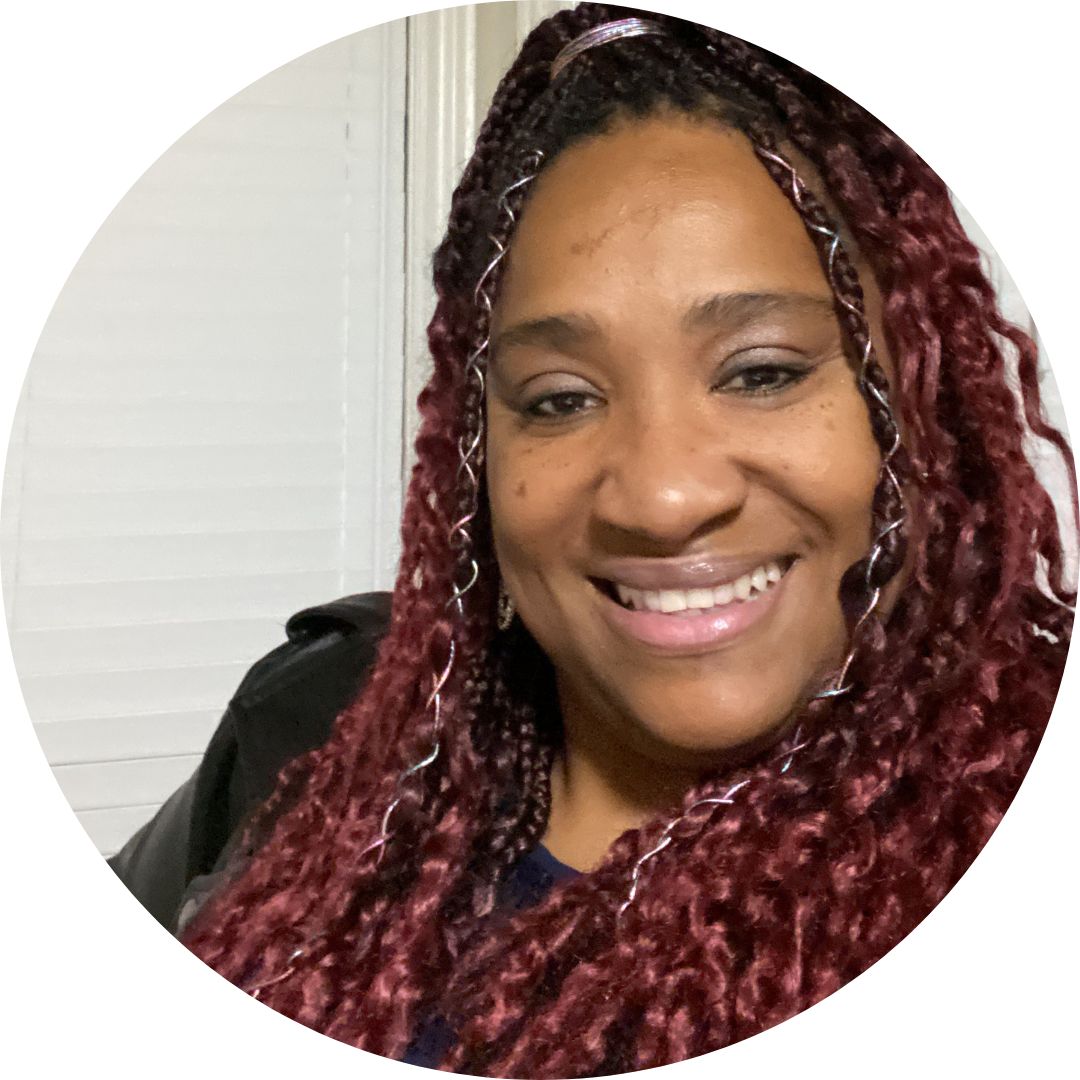
Khalilah Elliott is a wife to a wonderful husband named Jason, a mom to 2 amazing children, Jasmin, and KJ, and a Christian. She credits her faith and the blessing and favour of God to helping her heal and cope her cancer diagnosis.
Khalilah works as a Certified HR Professional and a Digital Entrepreneur.
In December 2016, Khalilah was diagnosed with Stage 3 HER2+ Invasive Ductal Carcinoma 2 months after her 39th birthday. It was one of the scariest times of her life and her diagnosis felt unreal at first, with everything becoming an instant haze. Hearing that she had cancer were words Khalilah could never imagine hearing.
Khalilah’s experience has strengthened her and made her bold in speaking up and speaking out; to not be afraid to share her story.
Since her diagnosis, she has been an active volunteer and a community partner for BrightRun, a charity that raises awareness and funds for breast cancer research. Her newfound goal, purpose and mission in life is to help others through her lived experiences, letting them know that they are not alone in whatever they might be going through and to influence others to be the best version of themselves.
Khalilah Elliott joined CBCN’s Board of Directors in May 2024.
- Chhavi Sikri - Ontario
-

Driven by a deep commitment to community service and making a meaningful impact, Chhavi Sikri is passionate about leveraging her skills and experience to support non-profit initiatives, especially those focused on breast cancer awareness and support. Her journey with stage II HR+ breast cancer in 2023 has profoundly shaped her heartfelt personal commitment to this cause.
As someone who was diagnosed with breast cancer, she understands the physical, emotional, and psychological challenges that come with a cancer diagnosis. Her experience has instilled in her a deep sense of empathy and a passion for helping others who are navigating their own cancer diagnosis. She knows firsthand how crucial it is to have a strong support system, access to reliable information, and compassionate care and the importance of patients navigating their journeys with dignity and hope.
Chhavi uses various platforms such as Facebook, Instagram, and Zoom to create more awareness about breast cancer, interact with other individuals who have been diagnosed with breast cancer, and connect with the breast cancer community.
Chhavi Sikri has been working for Citizen Forum on Human Rights as a mentor for 14 years.
Connecting with nature, yoga, and meditating are her passions.
- Patient Ambassadors
-
- Christine McKay - Lobular Breast Cancer Ambassador - In Memorium
-
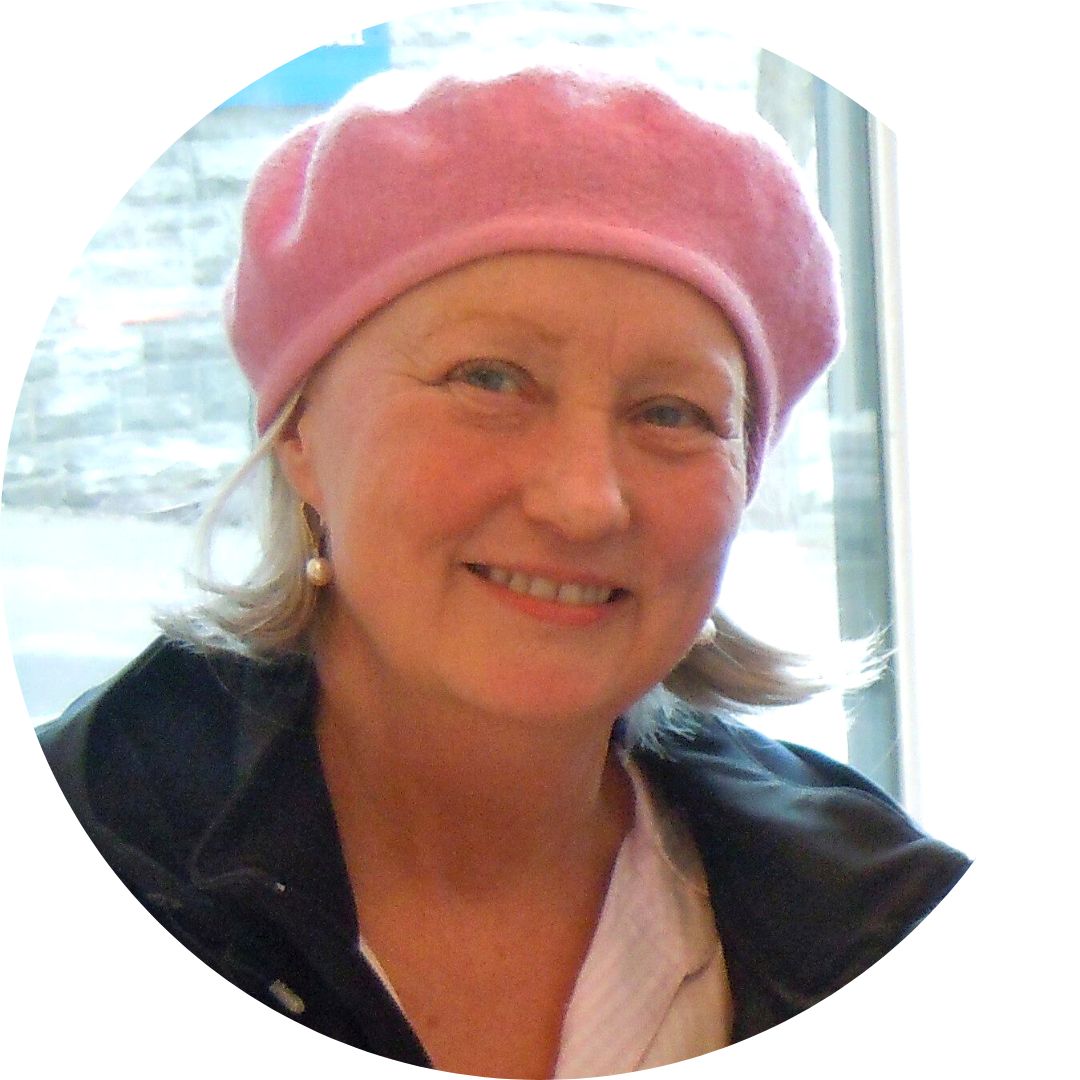
In Memory of Christine McKay
It is with heavy hearts that we share the news of the passing of our Patient Ambassador Group member, Christine McKay.
We had the privilege of working closely with Christine during the development of PatientPath. As a valued member of the Patient Advisory Group, Chrstine brought a deep knowledge of breast cancer and an unwavering commitment to advocating for those affected by lobular breast cancer.
Christine was more than an advisor. She was a tireless champion for people facing a lobular breast cancer diagnosis. As a dedicated Patient Ambassador with CBCN, she played a key role in helping us ensure that the distinct needs of those with lobular breast cancer were recognized, understood, and addressed. She consistently shared her insight on how the breast cancer journey can differ for those with this unique type and helped identify gaps in education, support, and care. Her advocacy shaped our approach and ensured that the voices of people living with lobular breast cancer were meaningfully reflected across the breast cancer community.
Her commitment to this cause extended beyond her work with CBCN. She also served as a member of the Lobular Breast Cancer Alliance’s Patient Advocate advisory board and founded a private Facebook support group for people living with lobular breast cancer in Canada.
Her voice was powerful and grounded in compassion. Her passion, insight, and advocacy has made a lasting impact at CBCN and across the breast cancer community. To learn more about her remarkable contributions and legacy, we invite you to read her obituary here.
Christine McKay, MSW., trained as a social worker and worked as an addiction and mental health therapist for over 25 years with adults of all ages. She also provided support to client family members and caregivers. Christine was a published author of a book and multiple articles in the mental health field.
As a breast cancer advocate, Christine started and moderates the Facebook group Living with Lobular Breast Cancer in Canada in 2019. She has been a moderator on other Facebook groups including ILC Sisters and Living with Metastatic Breast Cancer in Canada. In 2021, she became a member of the Lobular Breast Cancer Alliance's Patient Advocate Advisory Board and has participated on the Outreach and Research committees. She has been a patient research reviewer for two LBCA/Conquer Cancer Young Investigator Awards and contributed to the metastatic breast cancer poster which was presented at SABCS in 2022. She has also served as a Patient Advocate in the development of Recommendations to Guide Implementation Planning for Cancer Health Services and Policy Research in Canada, as a Lobular Breast Cancer Ambassador for the Canadian Breast Cancer Network and as a patient advocate research grant reviewer with the Canadian Cancer Society.
- Jaclyn Carter – HR-Positive Breast Cancer Ambassador
-
Jaclyn is an Educational Development Consultant and PhD candidate in Medieval English and Scandinavian literatures at the University of Calgary. She was diagnosed with ER/PR+ breast cancer at the age of 33 with no family history and no genetic risk factors. Her recovery from cancer ran up one side of the treatment flagpole and down the other—from surgery to fertility preservation, from chemotherapy to radiation, from ovarian suppression to estrogen blockers, the latter two of which she is still navigating today. In her spare time, Jaclyn enjoys travelling, camping, and hiking with her fiancé, reading and writing, learning new creative skills, smothering her dog Willow with love, and daydreaming about her precious miracle embryo babies.
- Elizabeth Barnes - Hereditary Breast Cancer Ambassador
-
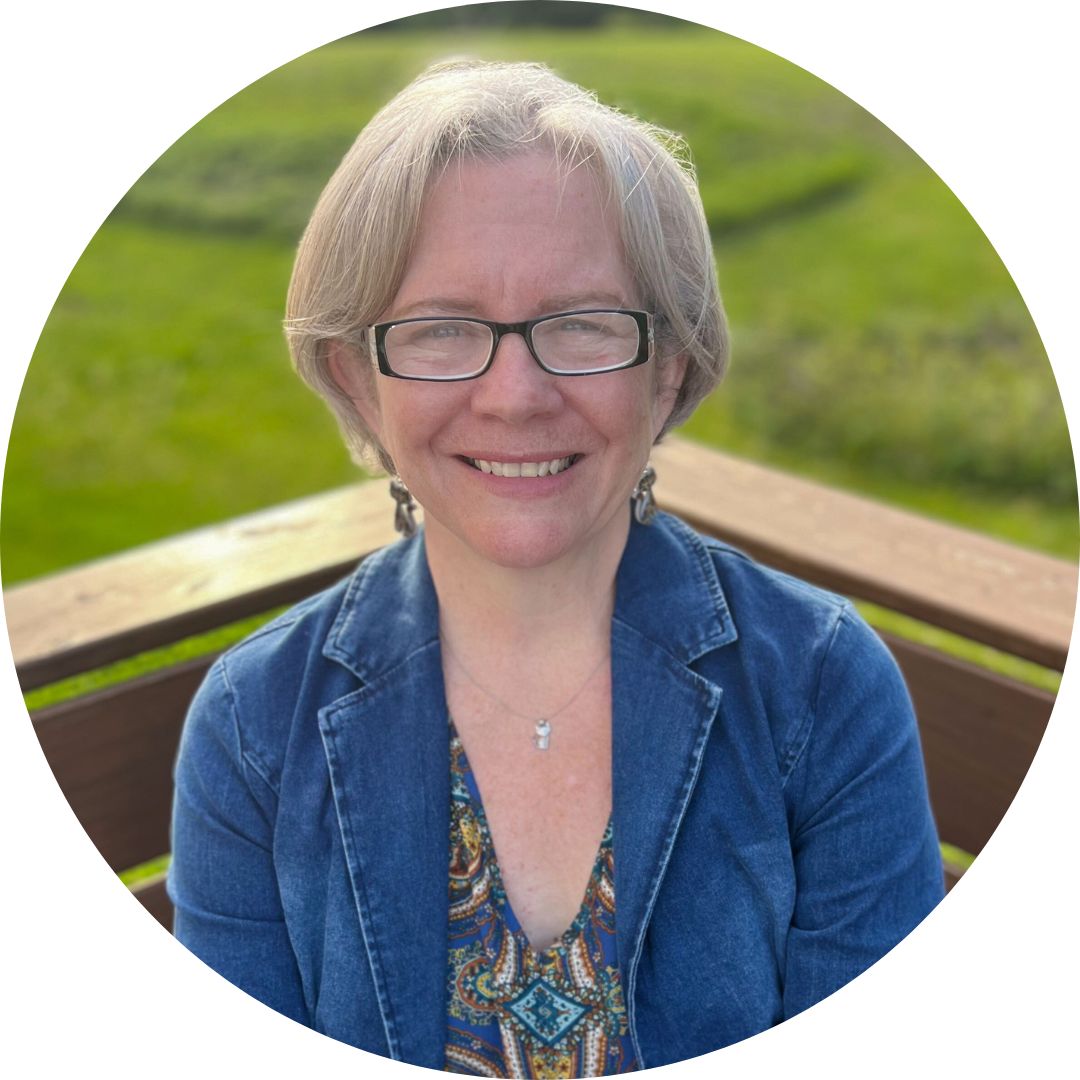
Elizabeth has worked in the field of education for her entire career and is passionate about always learning, sharing knowledge, and self advocacy. Elizabeth long suspected a genetic predisposition to breast cancer in her family, due to the losses of her mother and maternal aunt at relatively young ages. Despite advocating for herself to undergo genetic testing for many years, she did not qualify for genetic testing until she and her brother were both diagnosed with Stage III breast cancer in 2018 at approximately the same time. Once tested, the results showed that both she and her brother were positive for the BRCA2 gene mutation.
Elizabeth's brother has since passed from metastatic male breast cancer. The implications of the confirmation of the BRCA2 gene mutation were enormous for Elizabeth’s family as there are now children and grandchildren to consider. Information, research, and statistics/outcomes for BRCA2 in men, as well as diagnosed male breast cancer are limited, as it is still considered quite rare.
Elizabeth hopes that through representation, education, and shared lived experience, earlier detection of high-risk genetic breast cancers in all identified genders will lead to better outcomes for patients and their families.
- Medical Advisory Board
-
Dr. Mark Basik, MD FRCSC
Surgical Oncology, Jewish General Hospital
Montreal, QCDr. David Cescon, MD PhD FRCPC
Medical Oncology, Princess Margaret Cancer Centre
Toronto, ONDr. Karen Gelmon, MD FRCPC
Medical Oncology, BC Cancer Agency
Vancouver, BCDr. Sandeep Sehdev, MD FRCPC
Medical Oncology, The Ottawa Hospital Cancer Centre
Ottawa, ON
- Staff
-
Bukun Adegbembo
Director of Operations
badegbembo@cbcn.caRebecca Armstrong
Director of Patient Education and Engagement
rarmstrong@cbcn.caErika Cao
Communications & Administrative Coordinator
ecao@cbcn.caJK Miller
Health Policy & Advocacy Lead
jkmiller@cbcn.caWendy Hall
Outreach Co-ordinator
whall@cbcn.ca
- Volunteers
-
Volunteers play a crucial role in creating positive impact and improving communities through their selfless contributions of time and skills. CBCN’s Student Volunteer Matching Program engages students and recent graduates who share CBCN’s mission of voices the views and concerns of breast cancer patients through the promotion of information sharing, education, and advocacy activities. If you are a student or recent graduate looking to gain employment experience while doing meaningful work to better the lives of others, email your resume to badegbembo@cbcn.ca to be matched to a project in your area of expertise and interest.

